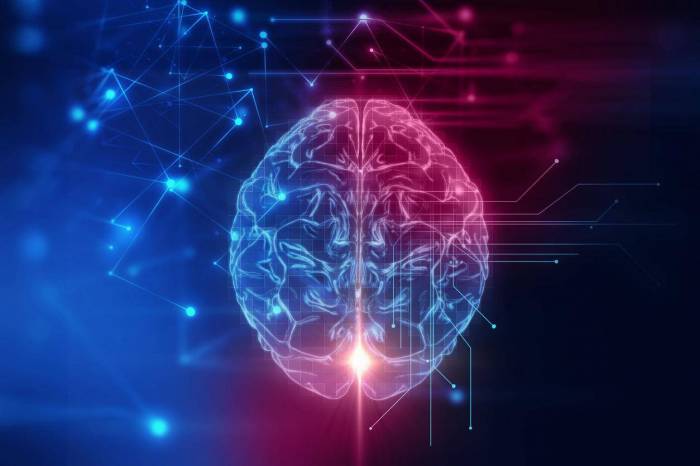A team of researchers, including some from Columbia University and the University of California, carried out an experiment with mice to determine how anxiety affects the brain.
Mazen Kheirbeck, co-author of the study and assistant professor at the University of California, explained how they went about assessing the mental state of their subjects.
“Mice tend to be afraid of open places,” he told NPR.
With that in mind, the researchers placed the mice in a maze that contained some wider open spaces so that they could monitor the activity of the brain cells at the bottom of the hippocampus when the mice began feeling anxious.
The hippocampus is a component of the brain’s limbic system, which regulates emotion.
When the mice entered the open areas of the maze, the researchers noted the cells at the bottom of the hippocampus becoming more active, thus exhibiting signs of anxiety.
The team decided to try altering the activity of these so-called “anxiety cells” to see if it would help to pacify the mice.
They used a biological technique called optogenetics, which involves using light to control cells in living tissue.
When they reduced the level of activity in the cells, the mice became less anxious and more willing to wander the open spaces of the maze.
When the level of the activity was increased, the mice became visibly more anxious.
Joshua Gordon, the director of the National Institute of Mental Health, believes this discovery is a positive inclination of what the future may hold for the treatment of human beings who struggle with anxiety.
“If we can learn enough, we can develop the tools to turn on and off the key players that regulate anxiety in people,” he said.
According to the Mental Health Foundation, 7.8 per cent of people in Britain suffer from mixed anxiety and depression.
The Independent
More about: science
















































